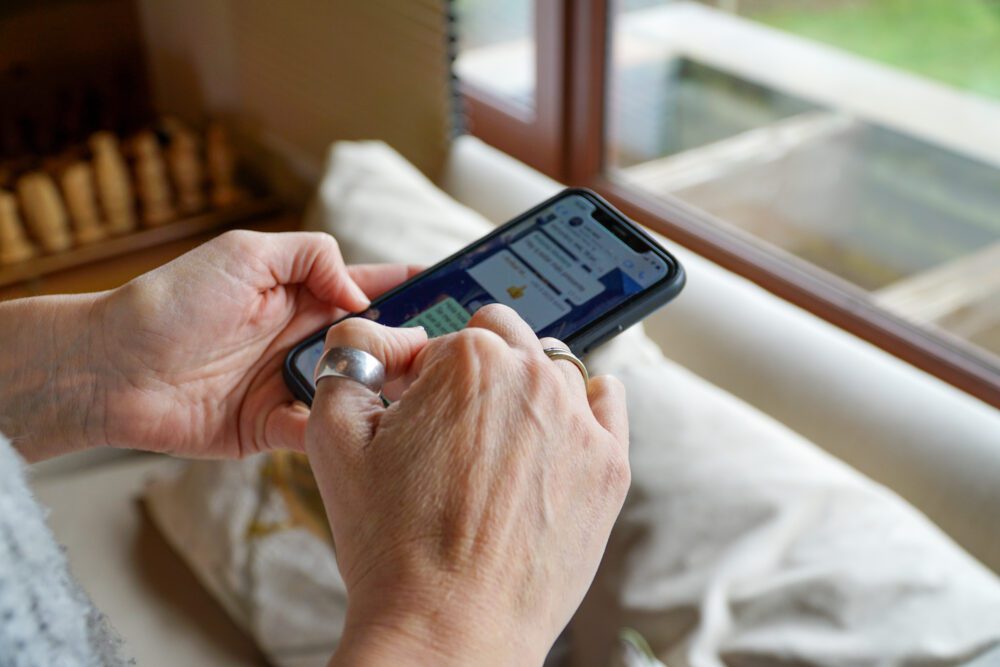What is Unauthorised Transaction Fraud?
Unauthorised transaction fraud occurs when scammers obtain confidential information about bank accounts and use it to access the victim’s money.
Here are some common ways fraudsters access bank accounts:
- Mobile phone or debit card theft
- Inadvertently sharing a PIN, One Time Passcode (OTP) or password
- Phishing activity, where someone collects personal and sensitive information about you, including login details
- Downloading software that gives third-party access to a phone or computer, including the apps and programs on it
Once a scammer has access to their victim’s funds, they can make online purchases, transfer money to another account (in the scammer’s control) or even take out a loan in the victim’s name, including using an overdraft facility.
Unauthorised transaction fraud often involves impersonation, where the scammer pretends to be calling or messaging from a trusted organisation, such as a bank, building society or utility company. The scammer may already have access to some limited personal information, which adds credibility to their story, making the unwitting victim more likely to divulge even more details.
For example, the scammer may use scare tactics, claiming that there has been a security breach or that they need to confirm the account holder’s identity. The unsuspecting victim gives the information they are asked for without realising that the fraudster now has everything they need to add a new device to their account, giving the scammer ongoing access from their own phone or computer.
As soon as the scammer gains access to a bank account, they begin making transactions, often small to begin with, then increasing in frequency and amount. Banks’ fraud detection systems are set up to detect unusual activity on accounts, such as transfers to new payees, repeated transfers to an account, large one-off payments or overseas payments. The fraudsters know this and try to avoid detection. It is not unusual for 10-20 payments to be made within just a few hours.








